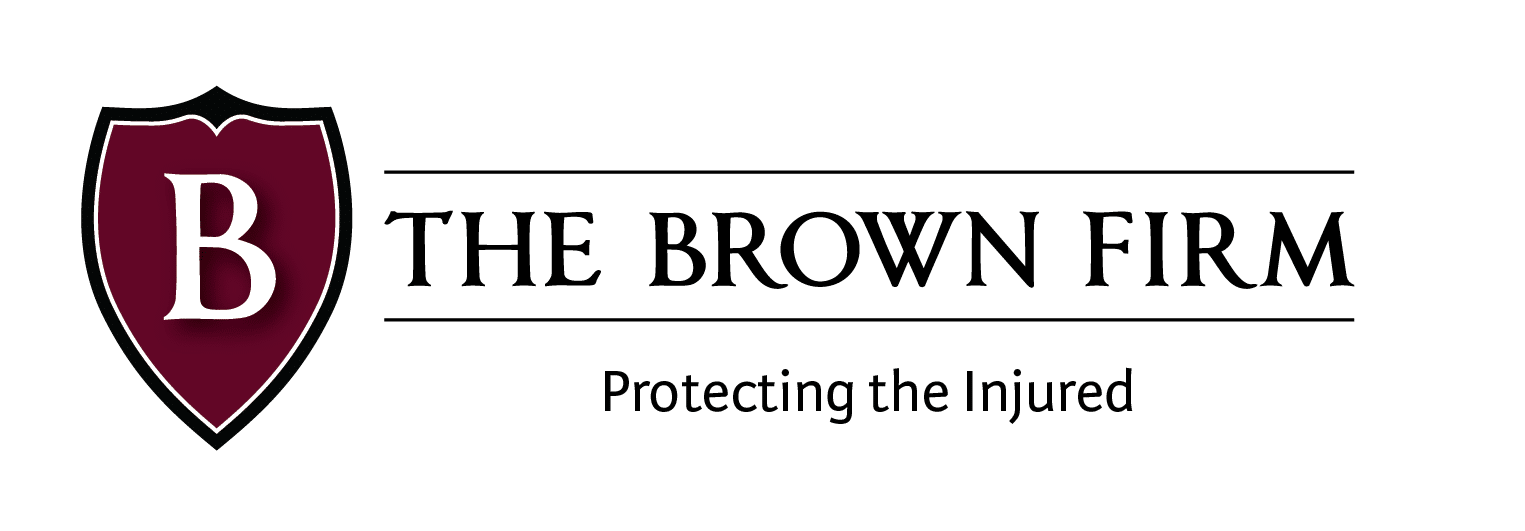Process
What is Process?
Civil lawsuits all follow a process set by local and national laws. This includes car accidents, slip and fall accidents, medical malpractice, and many more personal injury cases. Even though civil courts hear various types of cases, the legal process they must go through is the same and has identical steps.
Before the Lawsuit
Often, your lawyer will try to win your case before filing a lawsuit or going to court. This typically involves talking to the insurance company and showing them evidence backing up your claim.
You can also go to arbitration instead of the courts in some situations. Your attorney will file a lawsuit if you can’t settle out of court.
The Civil Lawsuit Process in Georgia
Unless otherwise noted, assume that your lawyer will handle each step.
- Complaint: Your attorney will file a formal document called a complaint with the court. In the complaint, you explain your damages and the compensation you expect.
- Summons and Answer: With a document called a “summons,” the court tells the other party (the defendant) about your complaint. The defendant or their lawyers then file a response to the complaint called an “answer.” The answer explains the defendant’s version of the events and if they agree or disagree with the complaint
- Motions: During this step, people on both sides of the case can file early motions. Motions are written requests to the judge to issue an order. The defendant can ask the judge to throw out the case because it has no basis. In contrast, the plaintiff (you and your lawyer) can ask the judge to make a summary judgment. A summary judgment is a decision that your case is right without going to trial. This is basically the same as winning. Both of these things happen very rarely.
- Discovery: Discovery is a step that takes place before the trial. Both sides have the right to look for evidence that could be important to the case during this time. Some evidence is automatically shared during discovery, while other evidence is specifically sought out, such as by asking for certain documents or taking a deposition from a witness. The judge helps with the process of discovery. Most of the time, settlements are made during this time.
- Jury Selection: The trial process starts if the two sides can’t come to a deal before the court date. A jury tries civil cases in Georgia, and the jurors are picked randomly from a large group of citizens. During a process called “voir dire,” lawyers on both sides can object to potential jurors.
- Trials: Both sides will be able to present evidence and call witnesses during the trial. You might be asked to testify in court. If so, your lawyer will tell you how to move forward.
- Judgment: The jury decides who is right and who is wrong. If you win, the judge helps the jury decide how much financial compensation you should receive for your injuries.
Contact the Personal Injury Lawyers at The Brown Firm
If you have been injured, the experienced personal injury attorneys at The Brown Firm offer free consultations to accident victims in Georgia and South Carolina. Call 800-529-1441 to speak with our personal injury team today!
Ready to Talk to a Lawyer Who Has Your Back?
Contact The Brown Firm
Get the Answers and Compensation You Deserve
You’ll notice the difference when you contact The Brown Firm! Our local dedicated attorneys want to help you recover and rebuild.
Schedule your free consultation by calling (800) 529-1441 or completing our simple online form.
